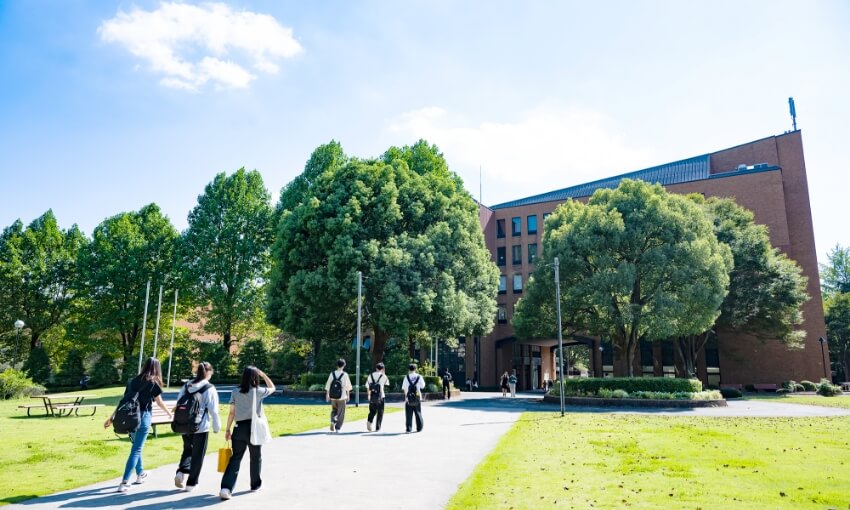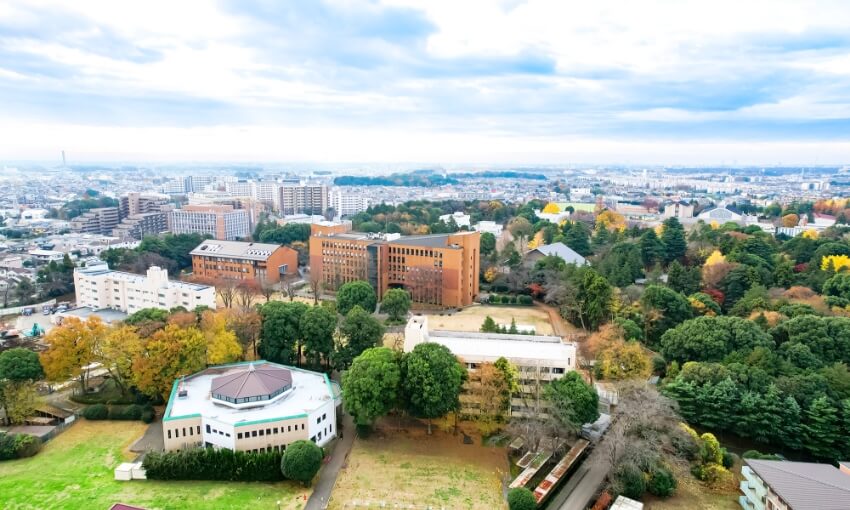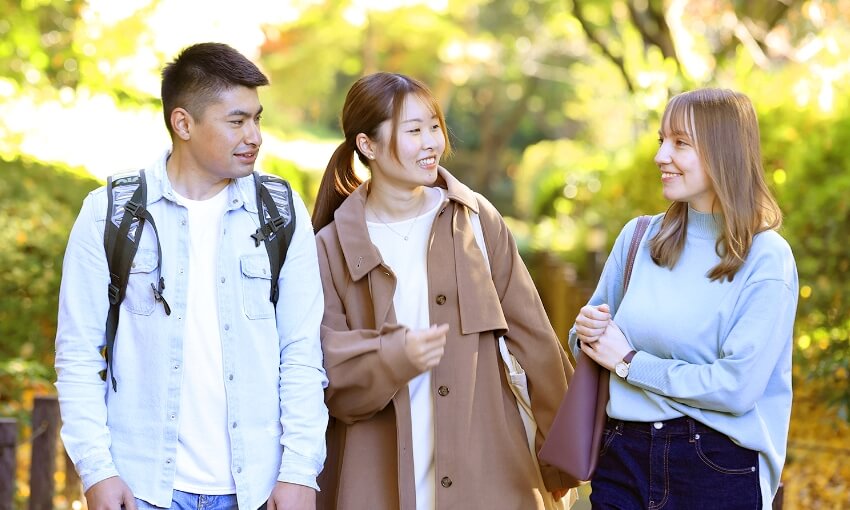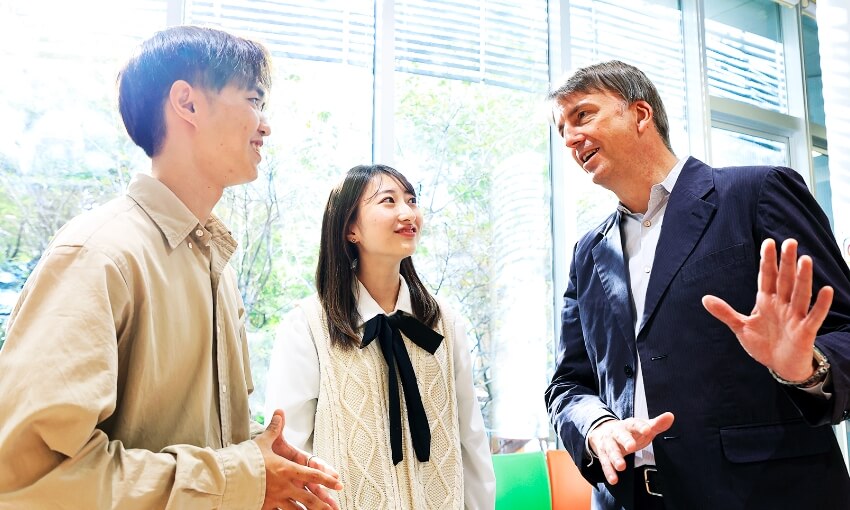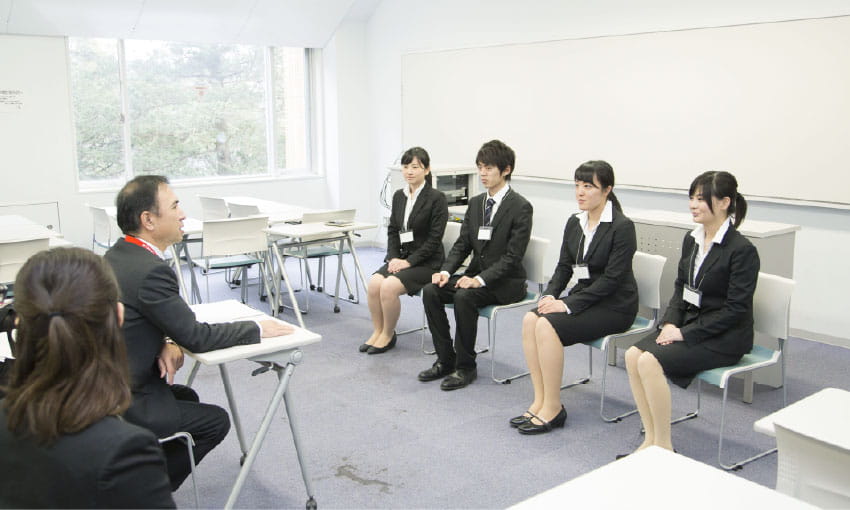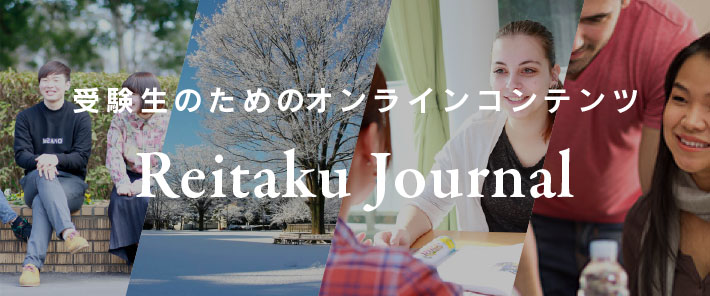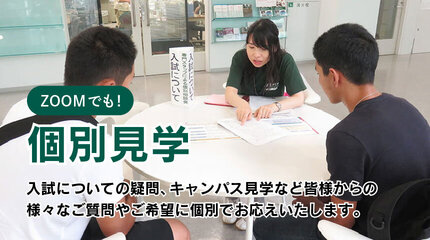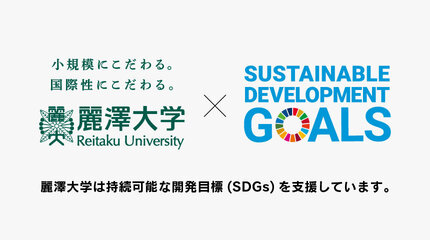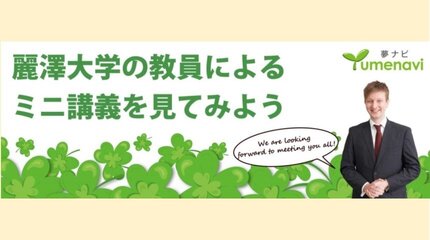You can view campus information in the form of data.
About the UniversityHistory
History of the University
| 1935Showa 10 | Moralogy College opened |
|---|---|
| 1942Showa 17 | Toa College opened |
| 1944Showa 19 | Renaming of the school to Toa College for Foreign Studies |
| 1947Showa 22 | Renaming of the school to Chiba College for Foreign Studies |
| 1950Showa 25 | Reitaku Junior College (English Department) opened |
| 1959Showa 34 | Reitaku University, Faculty of Foreign Studies (Department of British and Department of German) opened |
| 1960Showa 35 | Department of Chinese Language added |
| 1972Showa 47 | Reitaku Japanese Language School opened |
| 1976Showa 51 | One-Year Japanese Language Course established |
| 1986Showa 61 | Renaming of the Department of British as the Department of English |
| 1988Showa 63 | Department of Japanese language added |
| 1992Heisei 4 | Faculty of Economics and Business Administration (Department of Economics and Department of Business Administration) established |
| 1996Heisei 8 | Chikuro Hiroike School of Graduate Studies, Division of Language Education, Master’s Course in Japanese Language Education [Currently: Doctoral Course], C. H. School of Graduate Studies, Division of Economics, Master’s Course in Economic Management and Policy Management opened |
| 1998Heisei 10 | Doctoral Program in Japanese Language Education, C. H. School of Graduate Studies, Division of Language Education [Currently: Doctoral Program ], Doctoral Program in Economics and Policy Management, C. H. School of Graduate-Studies, Division of Economics and Business Administration opened |
| 1999Heisei 11 | Department of Industry and Information Science established in the Faculty of International Economics. |
| 2001Heisei 13 | C. H. School of Graduate Studies, Division Language Education, Division of Comparative Civilization and Culture, Master’s and Doctoral Programadded |
| 2006Heisei 18 | Master’s Program in English Language Education, C. H. School of Graduate Studies, Division of Language Education, added. Reitaku Open College in Kashiwa opened |
| 2008Heisei 20 | Reorganized the Faculty of Foreign Studiess (Department of English, German, Chinese and Japanese) into the Faculty of Foreign Studiess (Department of Foreign Languages). Reorganized the International School of Economics and Business Administration (Department of Economics, Department of Business Administration, Department of Industry and Information Science) into the Faculty of Economics and Business Administration (Department of Economics, Department of Business Administration) |
| 2012Heisei 24 | Reorganized the C. H. Graduate School of Economics and Business Administration (Division of Economic Management and Division of Policy Management, Division of Economics and Business Administration, Division of Policy Management) into the C. H. School of Graduate Studies, Division of Economics and Business Administration (Division of Economics and Business Administration, Division of Economics, Division of Business Administration) |
| 2018Heisei 30 | C. H. School of Graduate Studies, Division of School Education (Division of Moral Education) opened |
| 2020Reiwa 2 |
Faculty of Global Studies (Department of Global Studies and Department of Global Business) opened.One-Year Japanese Language Course closed.C. H. School of Graduate Studies, Division of Language Education, Division of English Education [Master’s Course] closed.C. H. School of Graduate School, Division of Language Education, Division of Comparative Civilization and Culture [Master’s Course] closed |
| 2024Reiwa 6 | Faculty of Engineering (Department of Engineering) and Faculty of Business Administration (Department of Business Administration) opened Faculty of Economics and Business Administration (Department of Economics, Department of Business Administration) was reorganized into Faculty of Economics and Business Administration (Department of Economics). |
Former President
Founder: Chikuro Hiroike
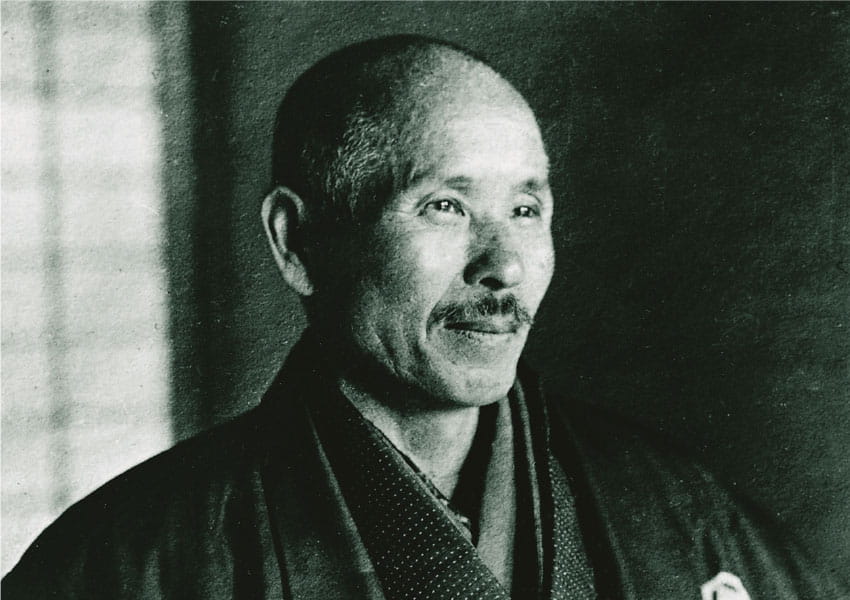
Chikuro Hiroike (1866-1938) was born in Nakatsu, Oita Prefecture. At the age of 14, he worked as an assistant teacher at his alma mater, Nagazoe Elementary School, and at the age of 19, he was assigned to teach at Katada Elementary School. After that, he worked at Manda Elementary School and Nakatsu High School, and while actually teaching, he proposed the establishment of a mutual aid association for teachers and opened a night school, and worked vigorously as an educator. He later became a lecturer at Waseda University and a professor at Jingu kogakkan Collage, and devoted himself to school education. From the end of the Meiji era, he also devoted himself to social education by working to solve labor problems,which were becoming a social issue at that time. His moral education (Reitaku education) was the culmination of these experiences in school education and social education, and was embodied in the “Moralogy College” that he established in 1935.His major publications include “History of Nakatsu”, “Chinese Grammar”, “An Introduction to the History of Oriental Law , The History of Oriental Law”, “Ise Shrine and the Japanese” and “A Treatise on Moral Science”.
First President Chibusa Hiroike
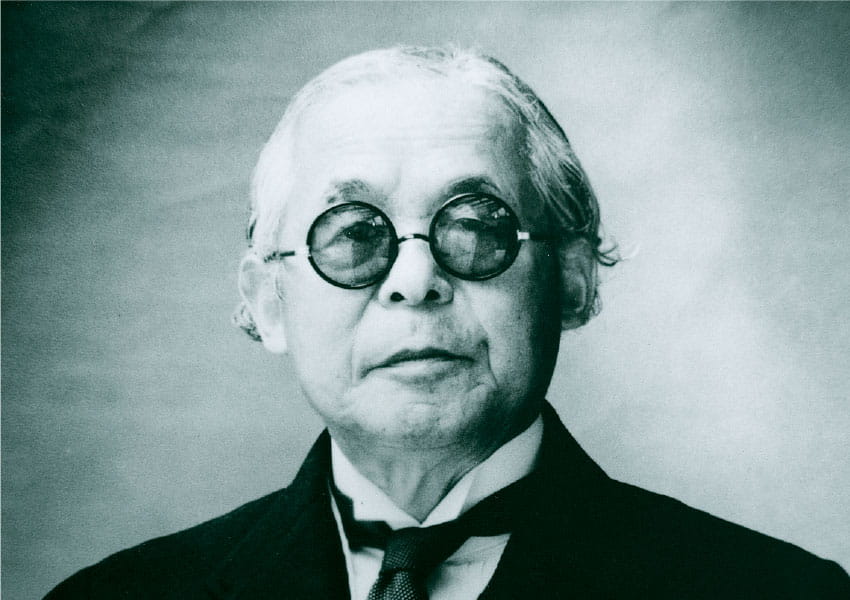
Born in Kyoto on February 25, 1893, the eldest son of Chikuro Hiroike, Chibusa Hiroike graduated from the Department of Political Science of the Tokyo Imperial University Law School in 1917. After working at Fuji Gas Spinning Co., Ltd. and as Counselor of the Coordination Foundation, he served as Director of the Institute of Moral Science, President of the Hiroike Institute of Education President of Reitaku University, Principal of Reitaku High School, and Principal of Reitaku Mizunami High School. He was awarded the Second Class of the Medal with Blue Ribbon (May 1961) and the Order of the Sacred Treasure (April 1966), and passed away on August 18, 1968. His books include Realizing the Way to Truth, “An Eternal Life”, The Image of My Father, and Selected Works of Chibusa Hiroike (5 volumes).
Second President Sentaro Hiroike
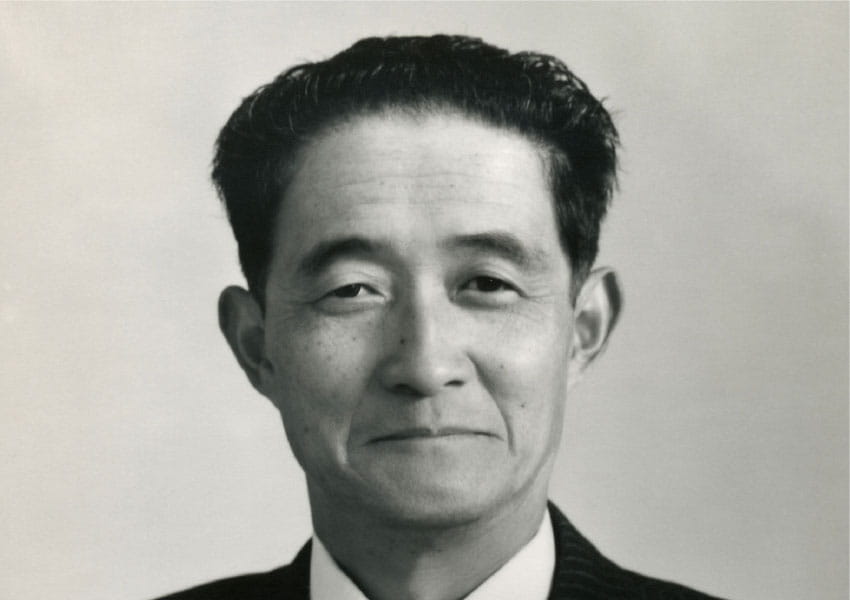
Born in Tokyo on August 14, 1922, the eldest son of Chibusa Hiroike. After studying at the Moralogy College Science Regular Course (6th graduate) and the Southern Ocean Course of the Toa College, he entered the Department of Philosophy in 1944, Faculty of Law and Literature, Kyushu Imperial University, and graduated from the same department (majoring in education) in 1948. In 1953, he studied education at the Graduate School of Literature, Tokyo University. After serving as an assistant professor at Reitaku Junior College, deputy director of the Institute of Moral Science, director of the Research Department of the Institute of Moral Science, assistant professor at Reitaku University, and director of the Hiroike Institute of Education, he served as director of the Institute of Moral Science starting in September 1968 (renamed the Institute of Moralogy in November 1972), was president of the Hiroike Institute of Education, president of Reitaku University, principal of Reitaku Senior High School, principal of Reitaku Mizunami Senior High School, and Chairman of the Reitaku Overseas Development Association. He was a secretary of the Japan Society of Education from 1951 to 1960. In 1987, he was awarded the Medal with Blue Ribbon for his contribution to education. He passed away on January 21, 1989, and was awarded the The Second Class of the Order of the Sacred Treasure, on the same day. He is the author of “Even Now Japan is a Closed Country”, “Proposals for the 1970s: For Human Resource Development and National Development,” “Reconstruction of Japan and Education Reformation (co-authored)”, and “Selected Works of Sentaro Hiroike (5 volumes)”, etc.
Third President Mototaka Hiroike
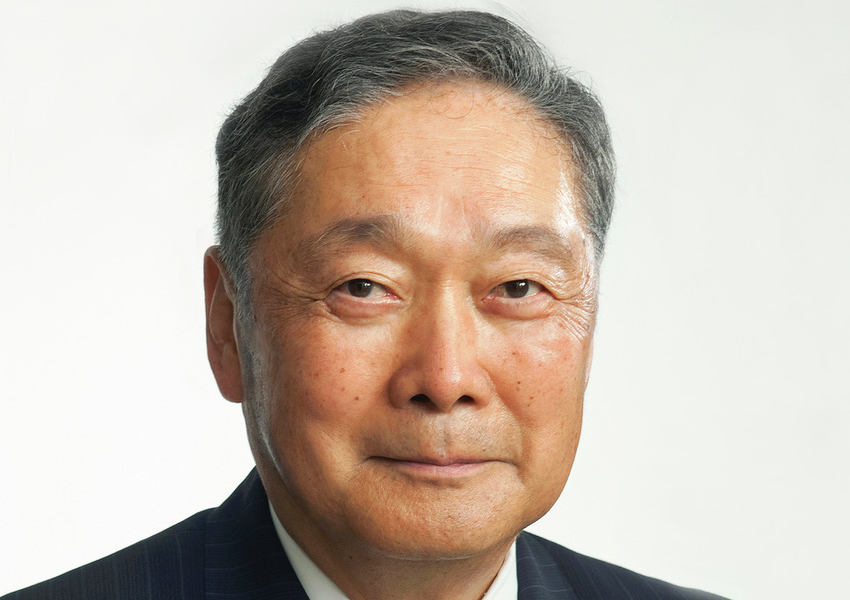
Born in Tokyo on April 5, 1950, the eldest son of Sentaro Hiroike. After graduating from Reitaku High School, he entered Tohoku University and graduated from the Department of Education, Faculty of Education in 1974. After graduation he worked as a researcher in the Research Department of the Institute of Moralogy and as a director of the Washington Office of Reitaku University. In 1989, he became the Director of Institute of Moralogy (in January 1991, his title was changed to President upon approval by the Minister of Education), President of Hiroike Institute of Education, President of Reitaku University, Principal of Reitaku Senior High School, Principal of Reitaku Mizunami Junior and Senior High School, and Chairman of Reitaku Overseas Development Association. He is currently the President of the Moralogy Foundation, the President of Hiroike Institute of Education, and the Chairman of Reitaku Overseas Development Association. In September 1994, he was awarded the Order of Bandeirantes by the governor of Sao Paulo, Brazil, and in 2014, he was awarded the Medal with Blue Ribbon. Some of his books include,“How to Live in the 21st Century“, “Japanese Are the Pride of the World: The Japanese Spirit to Be Passed Down in the 21st Century“(interviews published by the Institute of Moralogy),“The Heart of Serenity“ (published by the Institute of Moralogy),“Useful Quotes for Life and from History: 55 Words that Work for the Heart of Modern People“ (published by Ikuhosha),“The humanics of “Three Way Satisfaction”: Hiroike Chikuro’s Teachings, 105 selections“ (editor, PHP Institute), Business science of “Three Way Satisfaction”: Hiroike Chikuro’s Teachings, 99 selections (editor, PHP Institute), and“The State and Morality“ (published by Bungeishunju).
4th President Hiroyuki Umeda
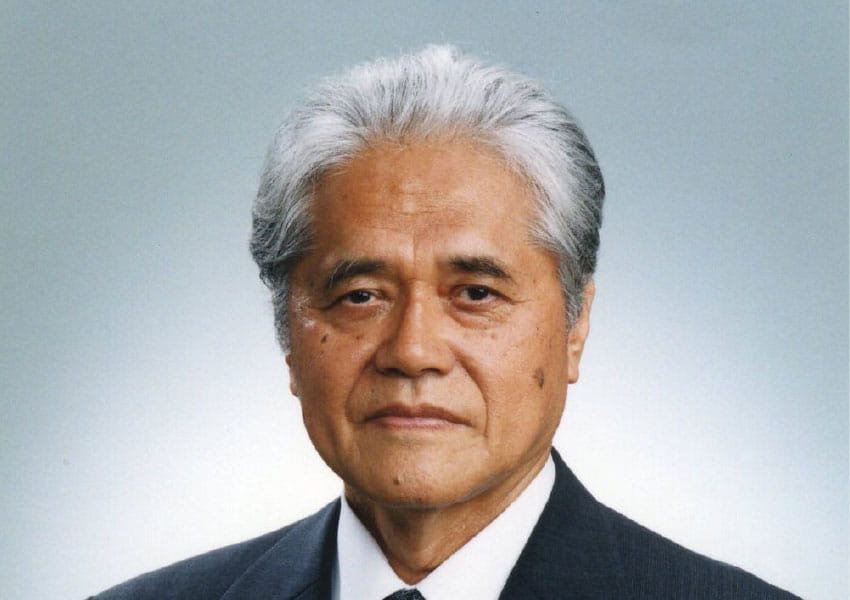
Graduated from the Department of Linguistics, University of Tokyo in 1954. He later completed his master’s degree in linguistics at the Graduate School of Humanities and Sciences of the same university, and withdrew from the doctoral course in linguistics at the Graduate School of Humanities and Sciences of the same university. In 1983, he received his Ph.D. in Literature from Korea’s Keimyung University, and was appointed Director of the Institute for Languages and Cultures of Asia and Africa at Tokyo University of Foreign Studies. After serving as Vice President of the International Association for Korean Language Education, President of the Linguistic Society of Japan, President of the Phonetic Society of Japan, Professor of the Faculty of Foreign Languages at Reitaku University, Professor Emeritus at Tokyo University of Foreign Studies, Dean of the Graduate School of Language Education and Research at Reitaku University, and Vice President of Reitaku University, he was appointed President of Reitaku University in 2003. He was awarded the Order of Cultural Merit in 1991 by the government of the Republic of Korea, and the Dong Chong Academic Award in 1999 by the Dong Chong Academic Foundation in Korea. He passed away on July 1, 2019. He is the author of Phonetic Studies of the Korean Language and Standard Hangul Course, 5 Volumes, etc.
5th President Osamu Nakayama
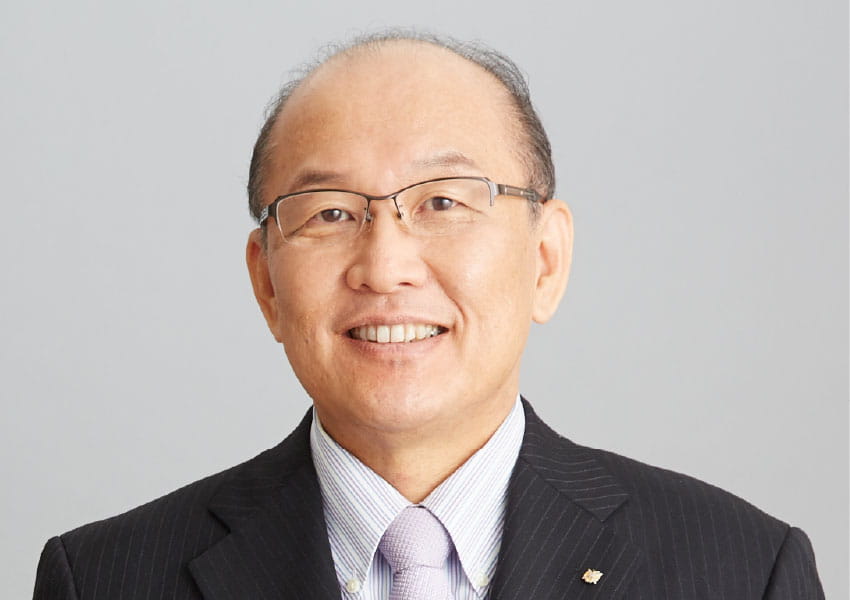
Graduated from Reitaku University in 1976 with a degree in English Language and Literature. Then, after completing the doctoral course in English and American Literature at Sophia University and studying in the U.K., he obtained a doctorate in literature from Sophia University, and served as the chairperson of the Expert Committee for Realizing a Shining ‘Education-based Prefecture Chiba’ in 2014 and the vice-chairperson of the “Round Table Conference for Promoting a Shining ‘Education-based Prefecture Chiba’ for the Next Generation” in 2018. He is currently a Specially Appointed Professor of Moral Education, C. H. School of Graduate Studies, Division of School Education, Reitaku University, Professor Emeritus, Perpetual Help University Graduate School, Philippines, Visiting Professor, Ho Chi Minh City National University, Vietnam, and Specially Appointed Professor and Visiting Professor, Moralogy Foundation. His published literature include Images of Their Glorious Maker: Iconology in Milton’s Poetry, Happiness and Virtue Beyond East and West, which was published in English in collaboration with Boston University. In addition to his specialty English literature, he has written and translated many books on Japanese culture and morality including Happiness and Social Responsibility in the Age of Globalization: Morals in Japan, Morals in America, Reading is the Way to Open Your Life: Learning by Doing Less, Learning by Doing More. He translated books such as Jews: Why Friction Arises?, Dr. Katsuro Hara’s ‘Common History of Japan’, and Japan in English Translation: 111 Historical and Cultural Topics and others. He has given many lectures on morality in English at universities and other institutions in 15 countries around the world.










